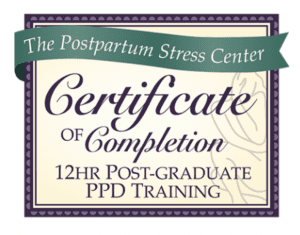Maternal Mental Health
Therapy is one of the most effective methods for overcoming Postpartum Depression, the most common complication following childbirth.
Perinatal Mental Health
Depression and anxiety are the most common symptoms of PPD yet many women don’t seek out treatment due to the stigma around it and the perceived idea of the “joy of childbirth”. I am here to remind you that it’s ok to ask for help. Your mental health and wellbeing are important for both you and your family.

About 1 in 7 women will experience PPD while transitioning into motherhood.
Symptoms
Symptoms vary from mild to severe and are very treatable with therapy. Symptoms of PPD can present for women in many different ways and incorporate mood swings, appetite changes, sleep problems, irritability, frequent crying, difficulty concentrating, ruminating, extreme fatigue, feelings of inadequacy, negative scary thoughts, loss of sexual interest, inescapable anxiety, hopelessness, and despair.
Oftentimes, thoughts of suicide, feelings of anger, rage, guilt, and shame are present as well.
Treatment
Therapy with a maternal mental health therapist means getting treatment with someone who can empathize with your symptoms and provide the help you need.
As a maternal mental health therapist, I have trained and been certified in perinatal postpartum disorders at the Post Partum Stress Center with the founder Karen Klienman.



